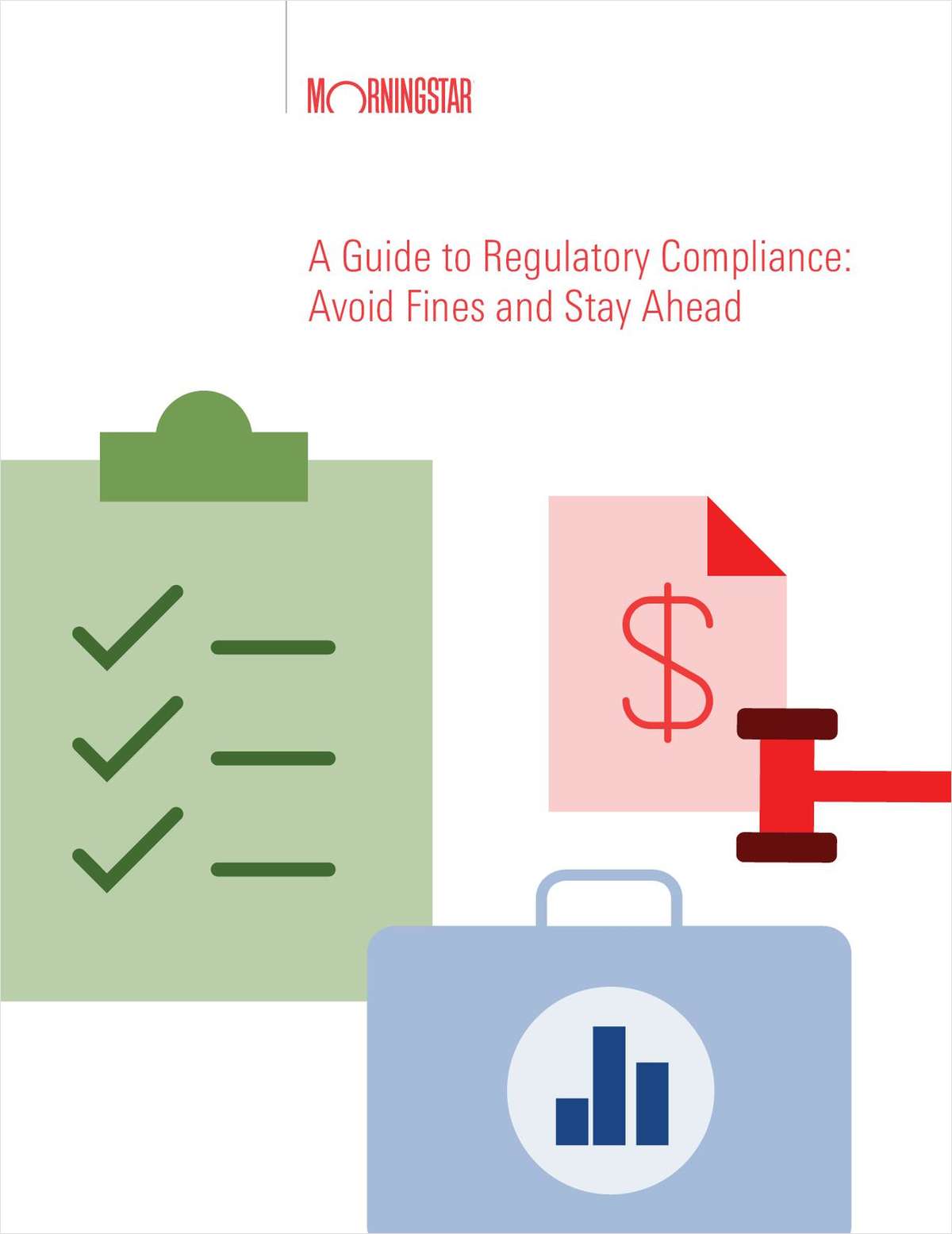 Law Offices of Connecticut attorney Justin Freeman. Courtesy photo.
Law Offices of Connecticut attorney Justin Freeman. Courtesy photo.Hartford Attorney Suspended for Filing False Tax Returns Omitting $1M
The Statewide Grievance Committee has placed attorney Justin Freeman on interim suspension. Freeman will be sentenced April 3 for filing false tax returns.
March 07, 2019 at 11:52 AM
3 minute read
Hartford-based solo practitioner Justin Freeman is on interim suspension following his guilty plea for filing false tax returns.
Freeman's suspension is set to take effective immediately, pending further order from the court, according to Connecticut's Statewide Grievance Committee. If the suspension exceeds one year, Freeman would have to seek reinstatement to the bar, pursuant to the Connecticut Practice Book.
News of the case against him came this week from the grievance committee, in announcing its latest list of attorneys disciplined for ethics violations.
The 46-year-old Freeman, who will also cooperate with the grievance committee on an audit of his IOLTA account, was one of six attorneys cited for disciplinary action during February. Rockville attorney Donald Howard has been appointed trustee and will take control of Freeman's IOLTA account and disburse amounts as the court approves.
Freeman, a Manchester resident, pleaded guilty in November to filing false tax returns from 2010 to 2012. The government said he underreported more than $1 million. He faces upward of three years in prison and a fine of up to $840,000 when he is sentenced April 3.
Freeman pleaded guilty to a federal tax charge: one count of filing a false tax return. He paid $419,259 in back taxes and agreed to cooperate with the Internal Revenue Service to pay all outstanding taxes, interest and penalties.
Freeman, whose website describes his practice as “real-world law for real-world people,” specializes in family law, personal injury and criminal defense. He ran The Law Office of Justin C. Freeman.
According to the Nov. 28 plea agreement between the government and Freeman, the attorney reported $476,228 in total taxes for 2010 but actually earned $860,041. For 2011, he reported $410,002 in total income while earning nearly $1.1 million, and in 2012 he reported $529,673 but took in $696,559.
According to the plea agreement, Freeman waived his right to be indicted when he pleaded guilty. He also agreed to say he signed, under penalty of perjury, a 1040 IRS form that he caused his tax preparer to prepare and file with the IRS.
“Freeman signed those tax returns and caused them to be filed with the IRS willfully, that is, with the specific intent to violate the tax laws,” the plea agreement states.
The 11-page plea agreement also states that the court may impose a term of supervised release of not more than one year to begin with any term of imprisonment. If Freeman violates the condition of the supervised release, the plea agreement states, “he may be required to serve a further term of imprisonment of up to one year per violation pursuant to the U.S. Code with no credit for time already spent on supervised release.”
Read more:
This content has been archived. It is available through our partners, LexisNexis® and Bloomberg Law.
To view this content, please continue to their sites.
Not a Lexis Subscriber?
Subscribe Now
Not a Bloomberg Law Subscriber?
Subscribe Now
NOT FOR REPRINT
© 2025 ALM Global, LLC, All Rights Reserved. Request academic re-use from www.copyright.com. All other uses, submit a request to [email protected]. For more information visit Asset & Logo Licensing.
You Might Like
View All
Patent Disputes Over SharkNinja, Dyson Products Nearing Resolution

Judge Slashes $2M in Punitive Damages in Sober-Living Harassment Case

DC Judge Rules Russia Not Immune in Ukrainian Arbitration Award Dispute
2 minute readTrending Stories
- 1Courts, Lawyers Press On With Business as SoCal Wildfires Rage
- 2Florida, a Political Epicenter, Is the Site of Brownstein Hyatt's 13th Office
- 3Law Firms Close Southern California Offices Amid Devastating Wildfires
- 4Lawsuit alleges racial and gender discrimination led to an Air Force contractor's death at California airfield
- 5Holland & Knight Picks Up 8 Private Wealth Lawyers in Los Angeles
Who Got The Work
Michael G. Bongiorno, Andrew Scott Dulberg and Elizabeth E. Driscoll from Wilmer Cutler Pickering Hale and Dorr have stepped in to represent Symbotic Inc., an A.I.-enabled technology platform that focuses on increasing supply chain efficiency, and other defendants in a pending shareholder derivative lawsuit. The case, filed Oct. 2 in Massachusetts District Court by the Brown Law Firm on behalf of Stephen Austen, accuses certain officers and directors of misleading investors in regard to Symbotic's potential for margin growth by failing to disclose that the company was not equipped to timely deploy its systems or manage expenses through project delays. The case, assigned to U.S. District Judge Nathaniel M. Gorton, is 1:24-cv-12522, Austen v. Cohen et al.
Who Got The Work
Edmund Polubinski and Marie Killmond of Davis Polk & Wardwell have entered appearances for data platform software development company MongoDB and other defendants in a pending shareholder derivative lawsuit. The action, filed Oct. 7 in New York Southern District Court by the Brown Law Firm, accuses the company's directors and/or officers of falsely expressing confidence in the company’s restructuring of its sales incentive plan and downplaying the severity of decreases in its upfront commitments. The case is 1:24-cv-07594, Roy v. Ittycheria et al.
Who Got The Work
Amy O. Bruchs and Kurt F. Ellison of Michael Best & Friedrich have entered appearances for Epic Systems Corp. in a pending employment discrimination lawsuit. The suit was filed Sept. 7 in Wisconsin Western District Court by Levine Eisberner LLC and Siri & Glimstad on behalf of a project manager who claims that he was wrongfully terminated after applying for a religious exemption to the defendant's COVID-19 vaccine mandate. The case, assigned to U.S. Magistrate Judge Anita Marie Boor, is 3:24-cv-00630, Secker, Nathan v. Epic Systems Corporation.
Who Got The Work
David X. Sullivan, Thomas J. Finn and Gregory A. Hall from McCarter & English have entered appearances for Sunrun Installation Services in a pending civil rights lawsuit. The complaint was filed Sept. 4 in Connecticut District Court by attorney Robert M. Berke on behalf of former employee George Edward Steins, who was arrested and charged with employing an unregistered home improvement salesperson. The complaint alleges that had Sunrun informed the Connecticut Department of Consumer Protection that the plaintiff's employment had ended in 2017 and that he no longer held Sunrun's home improvement contractor license, he would not have been hit with charges, which were dismissed in May 2024. The case, assigned to U.S. District Judge Jeffrey A. Meyer, is 3:24-cv-01423, Steins v. Sunrun, Inc. et al.
Who Got The Work
Greenberg Traurig shareholder Joshua L. Raskin has entered an appearance for boohoo.com UK Ltd. in a pending patent infringement lawsuit. The suit, filed Sept. 3 in Texas Eastern District Court by Rozier Hardt McDonough on behalf of Alto Dynamics, asserts five patents related to an online shopping platform. The case, assigned to U.S. District Judge Rodney Gilstrap, is 2:24-cv-00719, Alto Dynamics, LLC v. boohoo.com UK Limited.
Featured Firms
Law Offices of Gary Martin Hays & Associates, P.C.
(470) 294-1674
Law Offices of Mark E. Salomone
(857) 444-6468
Smith & Hassler
(713) 739-1250











